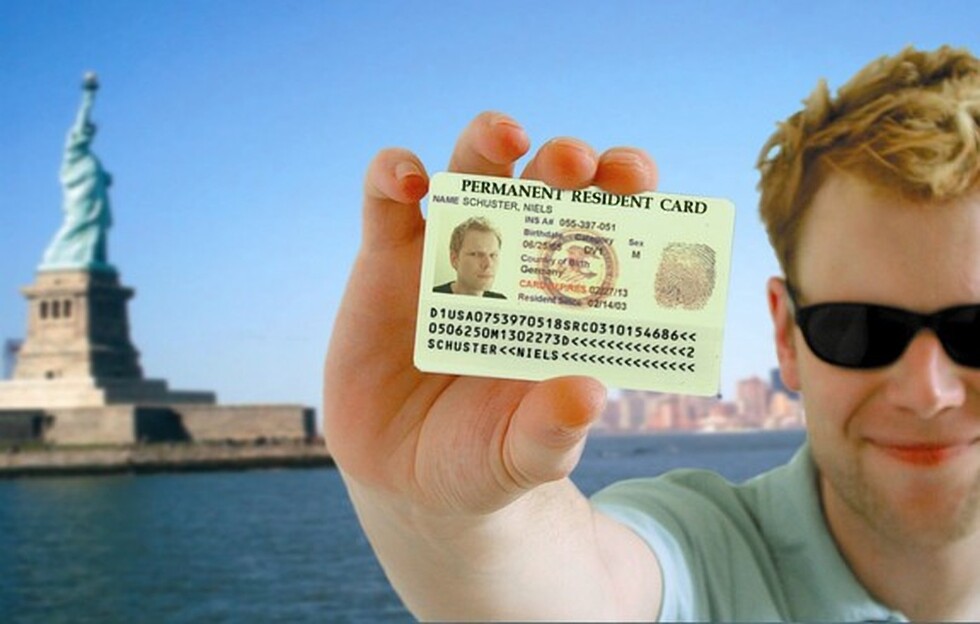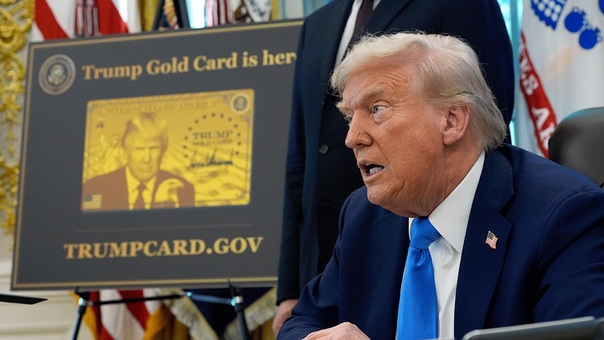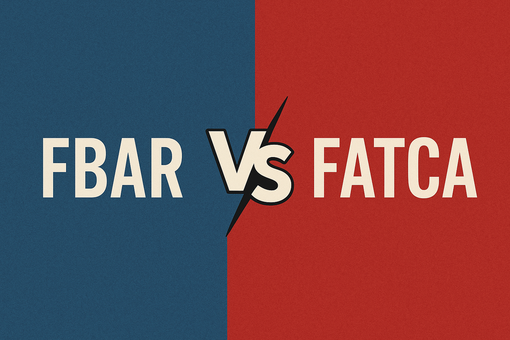Green Card Holders With Undeclared Foreign Assets or Income Are at High Risk of Criminal Conviction and Deportation

Last year the United States Supreme Court issued into law that any US Green Card Holder who knowingly filed a false income tax return, was found guilty of aiding and abetting a false US income tax return, or misfiled or failed to file an FBAR was subject to deportation and criminal prosecution.
Last year, Kawashima v Holder - a case in which 2 married Japanese Green Card Holders were accused of intentionally filing a falsified income tax return - was tried at the United States Supreme Court. The Kawashimas were convicted of filing a false return and aiding and abetting tax fraud, and they were deported from the United States.
The Kawashimas filed an appeal disputing their deportation, but the decision of the Supreme Court was upheld. Filing a false US income tax return and any assistance therein is now considered a deportable offense under the Immigration and Nationality Act.
Not all Supreme Court Justices agreed to the findings in the Kawashima case and argued that misdemeanors and other non-felonious offenses were included in the charges.
Three of the Supreme Court Justices residing over the Kawashima v Holder case were in disagreement of the final charges and the decision to deport the Kawashima couple. They argued that a list of municipal, state, and federal tax offenses were unduly added into the category of aggravated feloney even though many of them were misdemeanors. These Supreme Court Justices expressed a concern that US Green Card Holders would become fearful of pleading guilty to lesser charges than tax evasion since the certainty of being able to maintain residency had been removed.
The Kawashima v Holder case increases the risk of deportation to American Green Card Holders who maintain undisclosed foreign financial assets.
The findings in the Kawashima v Holder case present potentially bad news for US Green Card Holders with undeclared foreign financial assets. Permanent Residents who have taken the option of filing old FBARs via 'quiet disclosure' or who have decided to take no action at all are almost certainly facing deportation in the event that criminal charges are filed. The best chance for a US Green Card Holder to avoid criminal prosecution and deportation is to enroll in the the 2012 OVDP (Offshore Voluntary Disclosure Program).
Green Card Holders who are subject to deportation may also be subject to the imposition of the Exit Tax, which is assessed on all US Citizens or Green Card Holders who wish to voluntarily terminate their citizenship or residency.
Green Card Holders who have spent a period of 8 years or longer in the United States are subject to an Exit Tax if they decide to terminate their Long Term Residency. In short, the Exit Tax is an assessment of taxes an individual would owe if all of his/her worldwide assets were sold at FMV (Fair Market Value). A US Green Card Holder who has spent more than 8 years in the United States and is facing deportation may be liable for this particular tax.
With the active risk of deportation and stiff financial consequences, Green Card Holders with undisclosed foreign financial accounts are in a very precarious position. Tax offenses are being taken very seriously by the United States and the consequences for such crimes are becoming increasingly severe.
Prosecution in tax crimes requires proof of willful wrongdoing.
If you are a US Green Card Holder who has been accused of willful tax evasion or willfully filing a false tax return, you may be able to enter a plea of innocent with legal assistance and fight the tax law violations with which you’ve been charged. When you plead guilty to criminal charges, you remove the burden of proof that lies with the prosecution. Entering a plea of innocent forces the prosecution to prove beyond a shadow of doubt that you acted with an intention of violating specific tax laws. This is a heavy burden that can't always be met.
You may also be able to use ignorance as a viable defense. If you are able to prove (or at least convince a jury) that you had no reason to believe that you were violating any laws when filing your income tax return or failing to report some or all of your foreign financial accounts, you may still be able to escape prosecution from the criminal charges that have been filed against you.



